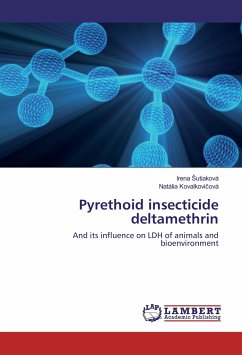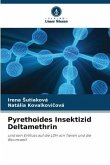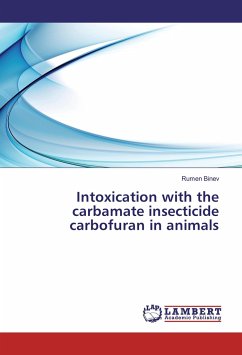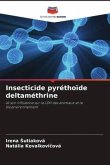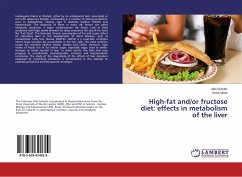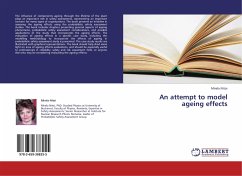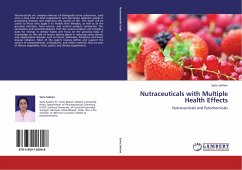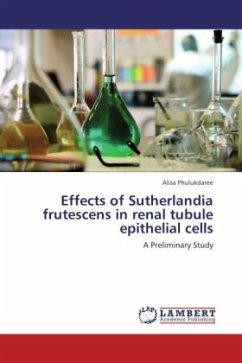Fast acting, easy to use, and readily available insecticides have become the modern weapons of choice against pests, contributing to stable food and fiber productivity, to human and animal health, and to the comfort and quality of human life. One of the commonly used type II pyrethroid insecticides is deltamethrin. Although initially thought to be least toxic xenobiotic, a number of recent reports showed its toxicity in laboratory and wildlife animal species. At the organism level, it has been demonstrated to affect various cell/tissue types and measurement of lactate dehydrogenase and its isoenzymic activities can be used as a biomarker in toxicological studies. Based on current literature, as well as the data presented in these beneath inserted chapters, it may be concluded that there is a need for further experimental studies and other examinations of deltamethrin, as this agent is a candidate to be classified as hazardous substance for humans and animals. This monograph, therefore, should be especially useful to professionals in various branches of agriculture, scentific institutes and research centres, and also may be utilized for educational purposes in universities.
Bitte wählen Sie Ihr Anliegen aus.
Rechnungen
Retourenschein anfordern
Bestellstatus
Storno

